https://ebookgate.com/product/introducingpsycholinguistics-1st-edition-paul-warren/ Download more ebook from https://ebookgate.com

More products digital (pdf, epub, mobi) instant download maybe you interests ...
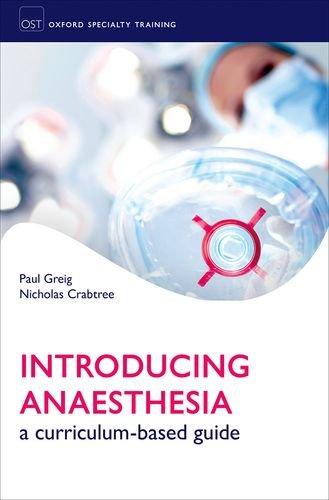
Introducing Anaesthesia 1st Edition Paul Greig
https://ebookgate.com/product/introducing-anaesthesia-1stedition-paul-greig/
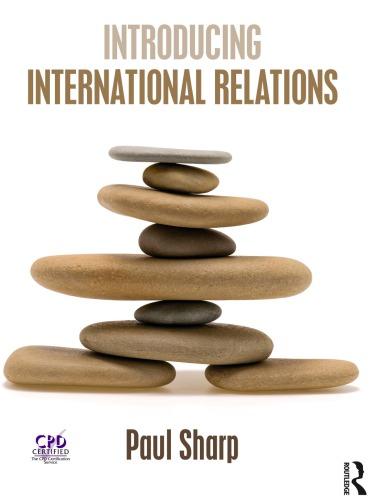
Introducing International Relations 1st Edition Edition Paul Sharp
https://ebookgate.com/product/introducing-internationalrelations-1st-edition-edition-paul-sharp/

Psycholinguistics The Key Concepts John Field
https://ebookgate.com/product/psycholinguistics-the-key-conceptsjohn-field/

Research Methods in Second Language Psycholinguistics 1st Edition Jill Jegerski
https://ebookgate.com/product/research-methods-in-secondlanguage-psycholinguistics-1st-edition-jill-jegerski/

Accounting Accounting Carl S Warren 21st Edition Carl S. Warren
https://ebookgate.com/product/accounting-accounting-carl-swarren-21st-edition-carl-s-warren/
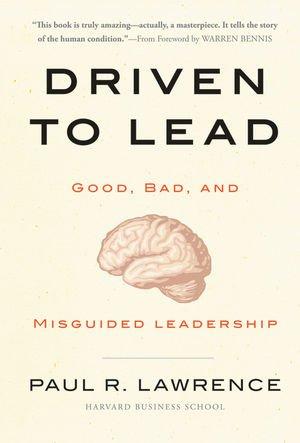
Driven to Lead Good Bad and Misguided Leadership J B
Warren Bennis Series 1st Edition Paul R. Lawrence
https://ebookgate.com/product/driven-to-lead-good-bad-andmisguided-leadership-j-b-warren-bennis-series-1st-edition-paul-rlawrence/

The Handbook of East Asian Psycholinguistics Volume 3
Korean Chungmin Lee
https://ebookgate.com/product/the-handbook-of-east-asianpsycholinguistics-volume-3-korean-chungmin-lee/

Introducing Meteor 1st edition Edition Gray
https://ebookgate.com/product/introducing-meteor-1st-editionedition-gray/

Introducing Sociolinguistics 1st Edition Miri Meyerhoff
https://ebookgate.com/product/introducing-sociolinguistics-1stedition-miri-meyerhoff/
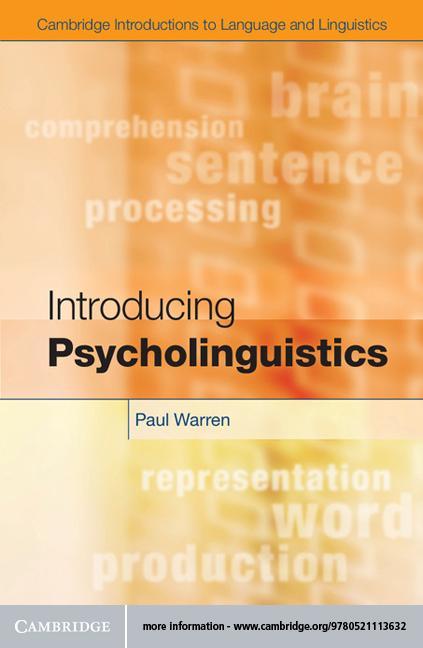
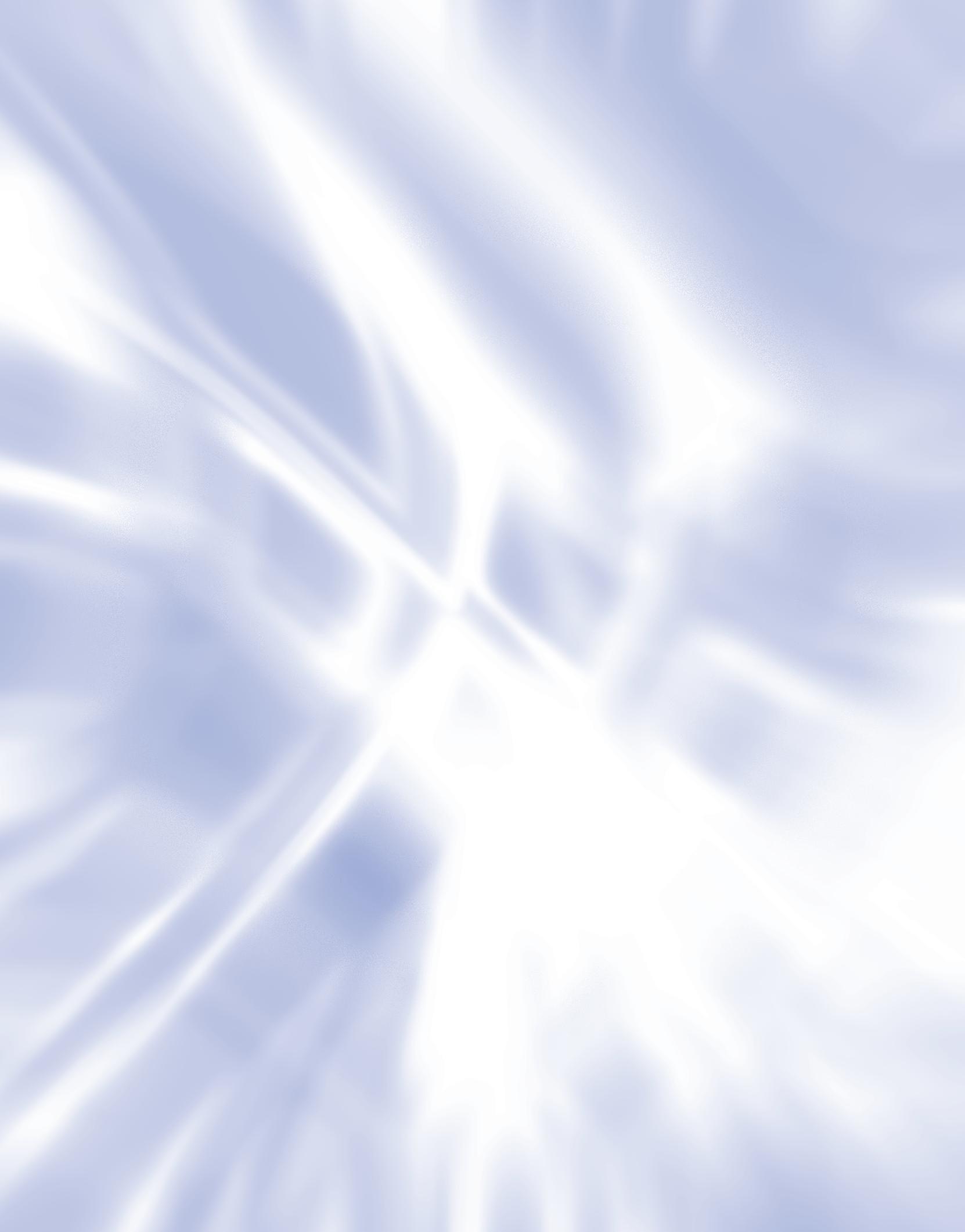
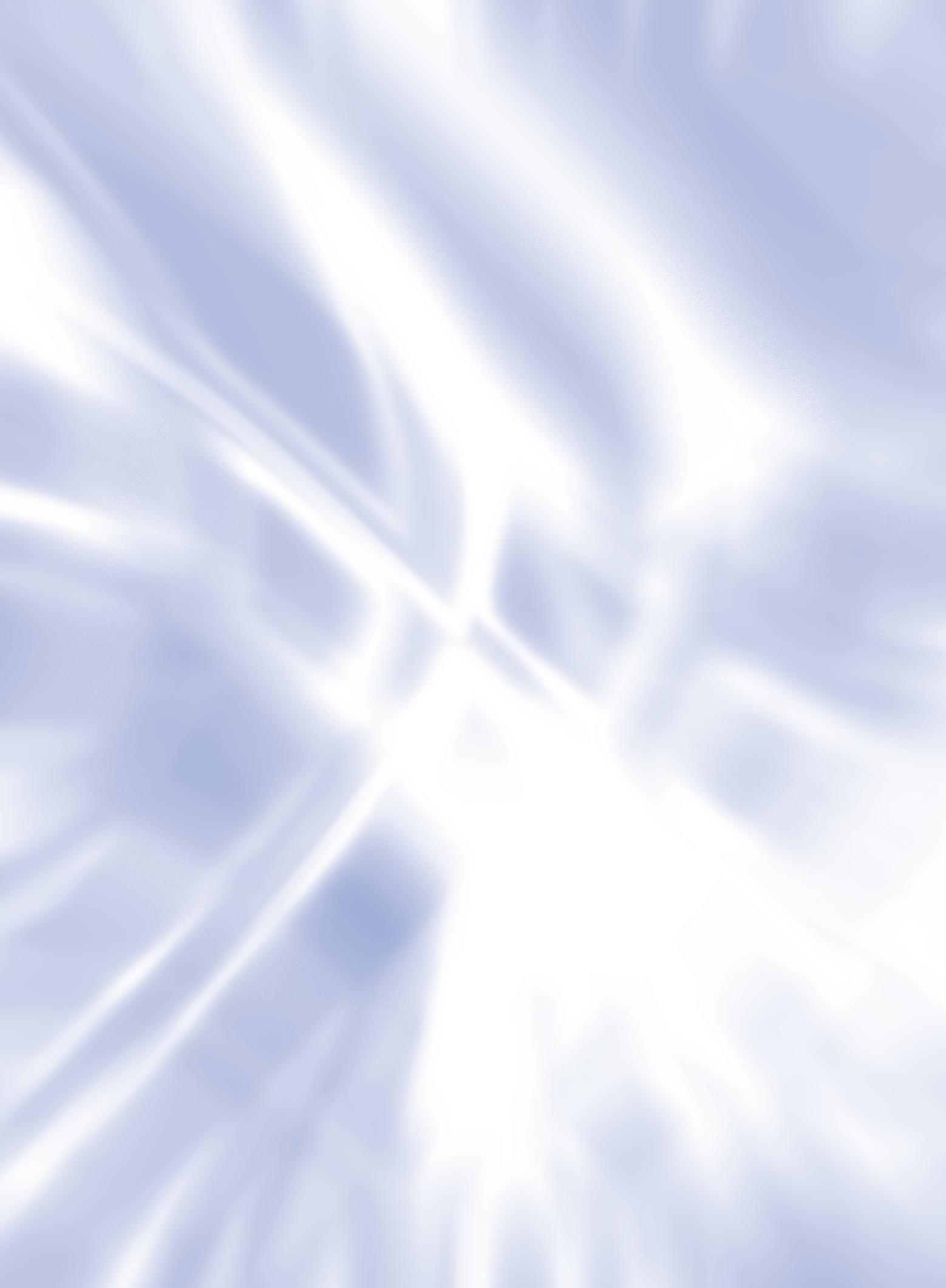
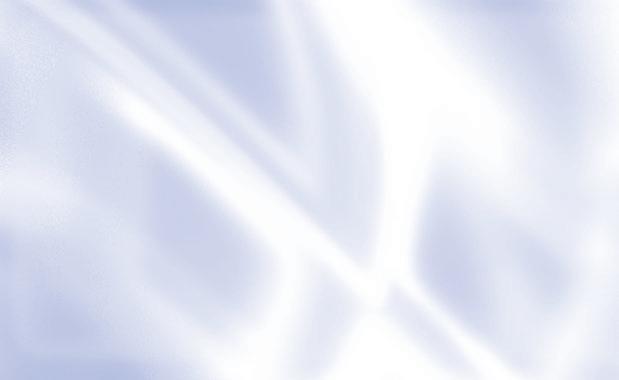

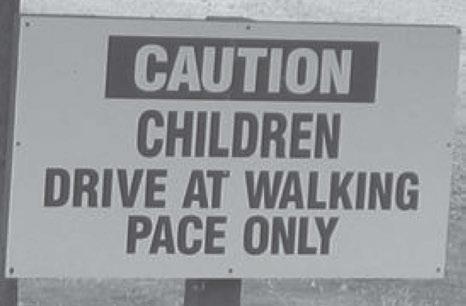

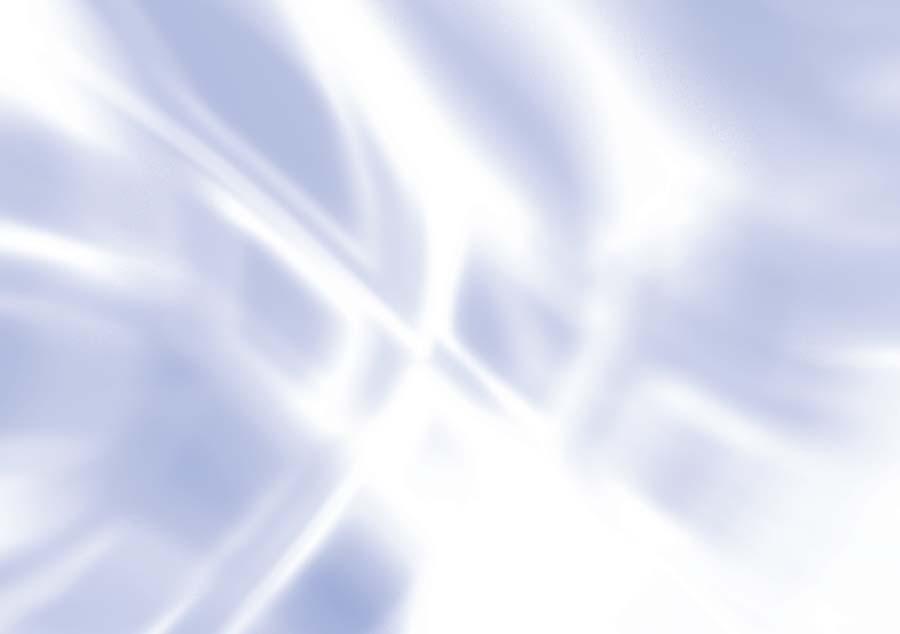

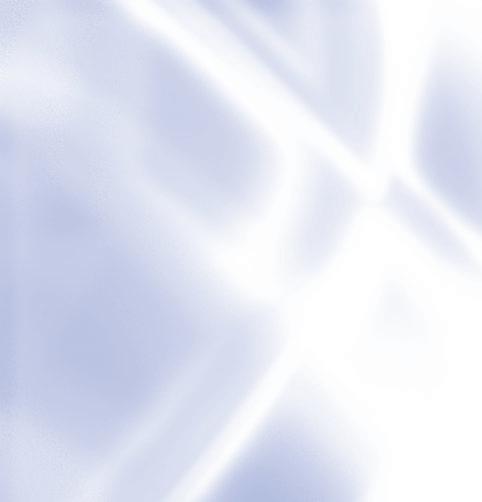


Another random document with no related content on Scribd:
‘So I was—to get half an hour alone with you,’ he announced bluntly, and saw the ghost of a blush creep up under her skin. He wanted simply to take her in his arms without more ado. Instead, he sat down close to the rock, plunged his hands in the heather, and leaned towards her.
‘I was trying to tell you last night. Didn’t you understand?’
‘N-no. I thought the music and—the sentiment had rather carried you away.’
‘It was youwho carried me away. The music was a kind of safetyvalve, that’s all.’ He leaned still nearer. ‘Bel—is there a ghost of a chance for me? Is it sheer conceit and impertinence on my part to ask—so soon?’
‘No—oh no.’ And suddenly she covered her face as if the intensity of his gaze affected her like strong sunlight.
He was silent a moment, watching her and crushing the heather in his strong fingers. Then, very gently, he laid a hand on her knee.
‘What is it? Tell me. I mustknow.’
At that she dropped her hands. By chance or design, one of them fell on his own and rested there. The light contact sent electric thrills up his arm.
‘That’s just it,’ she said with her slow smile. ‘You must know. But we neither of us do—yet. It’s been a wonderful fortnight. And if I haven’t travelled quite so fast or so far as you, that doesn’t mean ⸺’
‘Of course it doesn’t. I’m not such a conceited ass as to suppose you could fall in love with me at sight. But now I’ve spoken—isn’t there any response?’
‘Haven’t you felt any?’ she asked lightly, and the hand that rested on his moved in a just perceptible caress.
‘For God’s sake don’t play with me!’ he broke out, half angry again. ‘I’m in deadly earnest.’
‘I know. That’s just why one of us must try to keep a cool head.’
‘Nonsense! You’re simply fencing. And you haven’t answered my question.’
‘I’m trying to. But I’m half afraid ... to let myself go. No—don’t!’ She warded him off with a gesture, but deliberately replaced her hand over his. ‘It’s too sudden altogether. Wouldn’t it be wiser—for both of us—to wait a little? You don’t really know me one bit.’
He bowed his head and kissed the fingers that covered his own. ‘I know I love you,’ he said simply, his deep voice low and controlled. ‘And if you can say the same, that’s enough for me. The rest will be an enchanted voyage of discovery.’
‘Voyages of discovery are rather risky things,’ she reminded him. ‘And sometimes—they end in smoke. You see, you’re not just anyone. I’m outside your world; and—your mother doesn’t like me.’
‘Nonsense,’ he said again, with less conviction than before.
‘It isn’t. I’m sure she wants you to marry Miss Melrose. And I thought at first—you seem very intimate.’
‘Naturally. Our intimacy began when she was eight and I was twelve.’ He spoke looking out across the stream. Something in him winced at her allusion to Sheila in that connection. But it was only fair on her to explain things; and he forced himself to proceed. ‘Her people are our nearest neighbours in Hampshire. Her mother’s the sort of person who subsists chiefly on fads and philanthropy—the kind of philanthropy that makes you abominate charity and all its works. When we lost ... Ailsa, my little sister, Mother sort of annexed Sheila, unofficially. But that doesn’t imply—that she expects me to do likewise. We’re devoted to her—both of us. She’s a splendid little person;’ he turned now and spoke with greater naturalness and warmth. ‘Not very easy to know. But real, right through. You’re bound to love her. There—are you satisfied?’ Without warning he slipped an arm round her. ‘Will you give me my answer now?’
He felt her yield under pressure of his hand: then, with a sudden enchanting simplicity, she lifted her face to his⸺
Presently she sighed; pushed him from her a little and looked steadily into his eyes—blue, like her own, but a deeper, tenderer shade, shot through with fine radiations of orange. Hers seemed still to hold a question. His were purely exultant.
‘Darling, we’ve done it now,’ he said under his breath.
‘Yes. I suppose—we have,’ she answered in the same key.
‘Suppose? You’re not going back on things, after that. Next question is—when will you marry me? Next week?’
Her flush, that had died down, mounted again, clear carmine, beautiful to see. ‘Oh, Mark! Give me a few minutes to realise it all. You’re so impatient. Such a boy. You make me feel ... ages old’⸺
‘Look here, I can’t have you talking that sort of rot,’ he protested; incorrigibly blunt, even in love. ‘It’s morbid sentimentalism. You see, I’m the son of a mother who doesn’t know how to feel old at fifty. “Boy,” indeed! You’re a mere child yourself—the dearest in creation.’
‘No—no. I’m nota child.’ Her emphatic protest rang true. ‘Perhaps your mother has kept the bloom on life. Mine has never had any bloom on it, worth mentioning. I was reared in a groove; a very virtuous groove; and ... I didn’t fit. I wanted to feel and know and live; to be something more than a vegetable in a Wiltshire village. I knew I had talents of sorts; and I felt, if I could only get away and have a fair chance, I might achieve something worth doing, or, at least ... meet a man worth marrying.’ She spoke looking away from him across the sun-splashed water. ‘The only brother I cared about went off to the ends of the earth before he was twenty. If I’d been old enough to go with him, I wouldn’t be here now!’
‘Poor darling!’ He tightened his hold of her. ‘Dreadful calamity isn’t it?—to be here now! But didn’t your mother understand you— help you?’
‘Poor little mother. She did her best. My unconventional streak comes from her side. But she’s a very tame edition; watered down by an early marriage with father, who’s as conventional as a high road, but unfortunately not as broad! Privately, I think she was half proud of me and half terrified of what I might do next, like the hen in Hans Andersen. It was father’s pharisaical attitude towards my mild vagaries that made me worse, till at last I kicked clean over the traces, demanded a reasonable allowance (to my amazement, I got it), and went off to London, to take the world by storm!’
‘To Miss O’Neill?’ Mark queried, a faint anxiety in his tone.
‘Oh no. Harry’s a fairly recent phase. I boarded with a friendly family in the second-rate theatrical line. That was my chosen road to achievement. But it didn’t come off—worse luck!’
‘Nor the man worth marrying?’
Her eyes lingered in his. ‘Not to any great extent! They were rather a mixed lot. And everything seemed in league against me. I made no headway anywhere. Still—it was experience. It was life. One was too busy, either hoping or despairing, to be dull. Each new phase seemed to be the discovery of a new kingdom, till you found —you hadn’t the key. There was the writing phase, the acting phase, the American phase⸺’
‘America? Why on earth⸺?’
‘Oh, I don’t know. The chance came. And the notion attracted me. A bigger, fresher world; experience⸺’
‘You seem mighty keen on experience,’ Mark struck in. ‘D’you mean knowledge—or simply new sensations?’
She hesitated. ‘After all—new sensations area form of knowledge. The most interesting on earth. I’d go almost anywhere to discover the feel of things⸺’
She stopped short, and Mark frowned into vacancy. For the first time he caught himself wondering how old was she.
‘Ishould say better be an ignoramus than a mere connoisseur in sensations,’ he remarked quietly. ‘But perhaps I missed your meaning?’
‘Perhaps there wasn’t any meaning to miss! I was talking—rather at random.’ Then very lightly she leaned her head against his. ‘Mark —dearest, don’t look like that.’
‘Well, you mustn’t talk like that,’ he said with decision. ‘How long were you in America?’
‘Eighteen months. Not very pleasant always. But it did me no end of good. I even went home for a time, full of fine resolves. But the poor things soon shrivelled up in father’s atmosphere. Then—it was Harry to the rescue.’
‘And now it’s Mark!’ With sudden fervour he caught her to him. ‘No more “phases” after this, my Bel. You shall have your freedom and your chance. I’ll make up to you, all I can, for the bad years. Mother will love you⸺’
Bel shook her head. ‘She doesn’t like me.’
‘Darling, she doesn’t know you. Mother may have her cranks and prejudices. But if there’s one woman on earth she can be trusted to love—it’s my wife. I’ll take you to her to-night.’
‘No—no. To-morrow. To-night—there’s Harry. It’ll be a blow. You see, when I first came to her, I was so sick—with everything, I swore I’d never marry. She’s jealous already—’
‘Poor soul!’ Mark said tenderly. ‘But I’m jealous too. I can’t share you with Miss O’Neill. If it comes to a tug, you’ll have to choose between us.’
‘I have chosen.’ She spoke with genuine fervour; and leaning against him, she closed her eyes. So seen, her face looked years younger and of a saint-like purity. Doubts and qualms seemed sacrilege. Without a word he kissed her lowered lids, and found, to his surprise, that her lashes were wet.
